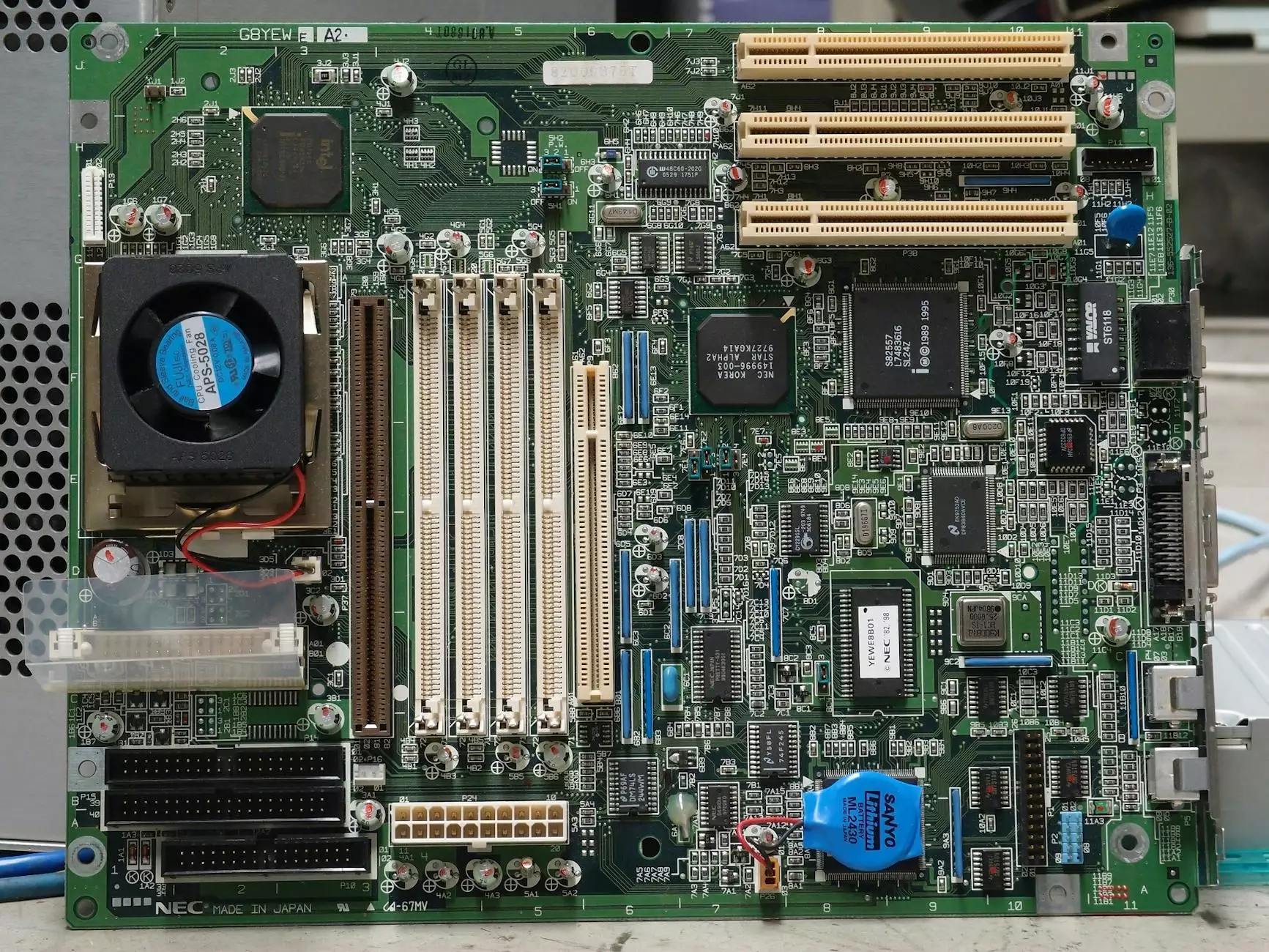The Value of DFM (Design for Manufacturing)
Blog
Introduction
Welcome to Phoenix Medical Services, where we delve into the world of DFM (Design for Manufacturing) in the medical industry. In this comprehensive guide, we will explore the value and importance of implementing DFM principles to maximize efficiency, cut costs, and ensure seamless production from design to manufacture.
What is DFM?
DFM, or Design for Manufacturing, is a systematic approach that encompasses a wide range of design principles and practices aimed at optimizing the manufacturing process. By considering manufacturing requirements early in the design stage, DFM ensures that products can be produced efficiently, cost-effectively, and with minimal effort and resources.
The Benefits of DFM
Implementing DFM principles in the medical industry offers numerous benefits for both manufacturers and end-users.
1. Cost Reduction
DFM focuses on streamlining the manufacturing process, which often leads to significant cost reductions. By identifying potential design flaws or inefficiencies early on, manufacturers can save time, materials, and labor costs. This cost-saving aspect of DFM allows medical device companies to invest in research and development or pass on savings to end-users.
2. Improved Quality
By integrating DFM principles, manufacturers can enhance the quality of medical devices. Early consideration of manufacturing requirements ensures that products are designed in a way that meets industry standards and regulatory guidelines. Additionally, DFM enables manufacturers to identify and mitigate potential risks or defects, leading to higher quality and safer products.
3. Enhanced Efficiency
DFM promotes efficiency throughout the entire manufacturing process. By designing products with ease of manufacturing in mind, manufacturers can reduce production time, optimize workflow, and enhance overall productivity. The seamless integration of design and manufacturing results in faster time-to-market and increased competitiveness for medical device companies.
4. Minimized Design Changes
Design iterations and modifications can significantly impact project timelines and costs. Through DFM, potential design issues are identified and resolved early on, minimizing the need for costly design changes and reworks. By ensuring manufacturability from the beginning, DFM reduces the risk of delays and facilitates a smoother production process.
5. Scalability and Flexibility
DFM facilitates scalability and flexibility in manufacturing operations. By designing products that can be easily scaled or adapted, medical device companies can respond promptly to changing market demands. The ability to adjust production levels or introduce variations without major redesigns ensures agility and competitiveness in the industry.
Implementing DFM Principles
Successful implementation of DFM requires a collaborative approach involving designers, engineers, and manufacturing teams. Here are some key steps to effectively incorporate DFM principles:
- Early Collaboration: Encourage cross-disciplinary collaboration between design and manufacturing teams from the outset to identify potential manufacturing challenges and opportunities.
- Design Simplification: Strive for simplicity in design without compromising functionality. Simplified designs often lead to increased efficiency and reduced costs.
- Material Selection: Select materials that are readily available, cost-effective, and suitable for the intended manufacturing processes. Consider material properties, availability, and environmental impact.
- Tolerances and Assembly: Establish appropriate tolerances and ensure ease of assembly. Well-defined tolerances minimize the risk of defects and enable smooth manufacturing processes.
- Testing and Prototyping: Incorporate rigorous testing and prototyping throughout the design phase to validate and refine the manufacturability of the product. This helps identify potential issues early on.
Conclusion
DFM (Design for Manufacturing) plays a crucial role in the medical industry, optimizing production processes and delivering high-quality, cost-effective medical devices. By adopting DFM principles early in the design stage, medical device manufacturers can achieve efficiency, reduce costs, and deliver products that meet the ever-evolving needs of healthcare professionals and patients. At Phoenix Medical Services, we recognize the value of DFM and its essential role in ensuring seamless production from design to manufacturing.










